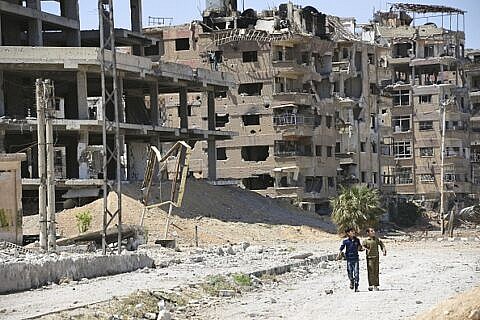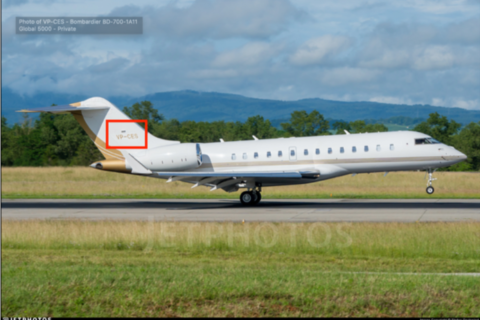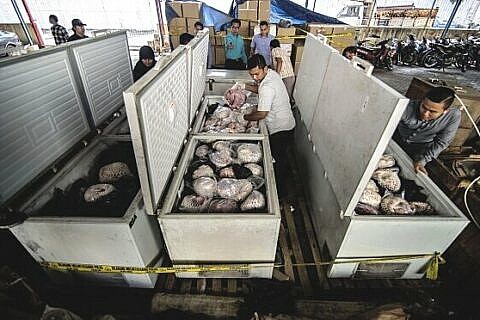The Forex Effect
Recent United Nations Security Council resolutions 2371 and 2375 and United States Executive Order 13810 have dramatically increased restrictions on North Korean overseas economic activity. Though North Korea has employed an array of overseas networks to counter international sanctions, the need to adapt had fundamentally changed the regime’s international economic exposure. Today, the regime is dependent on the flow of hard currency to function. Maintaining this access and evading sanctions have required the regime’s foreign exchange banks to offshore critical financial infrastructure overseas. The resulting illicit overseas networks play a vital role as proxies for the North Korean banking and foreign exchange systems. However, being integrated into the international systems of banking, commerce, and logistics leaves these networks exposed to international law enforcement actions.
Executive Summary #
Recent United Nations Security Council resolutions 2371 and 2375 and United States Executive Order 13810 have dramatically increased restrictions on North Korean overseas economic activity. Though North Korea has employed an array of overseas networks to counter international sanctions, the need to adapt has fundamentally changed the regime’s international economic exposure. Today, the regime is dependent on the flow of hard currency to function. Maintaining this access and evading international sanctions have required the regime’s foreign exchange banks to offshore critical financial infrastructure overseas. The resulting illicit overseas networks play a vital role as proxies for the North Korean banking and foreign exchange systems. However, being integrated into the international systems of banking, commerce, and logistics leaves these networks exposed to international law enforcement actions.
In this report, we build on the findings of our previous research to conduct an in-depth examination of the structure of North Korean illicit networks through their ties to the foreign exchange system. We focus in particular on the networks surrounding North Korea’s major foreign exchange banks, which, tasked with the management of hard currency, have found themselves serving as a financial lifeline for the regime. Our report finds that this financial structure is reliant on a system that North Korea cannot control and is therefore vulnerable to systemic disruption.
- In Cash Dependent, we explore how maintaining a positive flow of hard currency has become an imperative for regime survival and how the regime has gone to great lengths, often by illicit means, to ensure ongoing access to it.
- In Institutionally Bottlenecked, we examine how the regime, hoping to maintain oversight and security, limited methods for storing and transacting in foreign currency internationally. We analyze how North Korea’s policies led the regime to offshore critical portions of its financial system.
- In Exposed to Disruption, we look at how North Korean assets, nested within businesses overseas, are inherently vulnerable. We further explore the potential for international law enforcement action to dismantle critical nodes of the system.
Provocative actions taken by the Kim regime in the face of international pressure have made the situation on the Korean peninsula increasingly dangerous. Multiple tests of intercontinental ballistic missiles, which now put Washington, DC within striking distance, have increased the stakes of potential escalation. However, the international community also retains significant leverage if sanctions are properly enforced. The unanimous passage of back-to-back UN Security Council resolutions have put in place measures that can begin to pressure the regime effectively. Sectoral bans of North Korea’s most lucrative exports, including coal, iron ore, textiles, and seafood products, will prevent the regime from collecting billions of dollars in hard currency annually. In fact, full enforcement of these measures restricts 90.5% of North Korea’s 2016 export revenue, or $2.3 billion annually. But these measures will take time to have an impact. In order to coerce the Kim regime back to the negotiating table non-violently, it is imperative that the international community enforce these resolutions, especially where the regime will feel this pressure most: in its foreign exchange earnings. We intend for this report to help make that possible.






